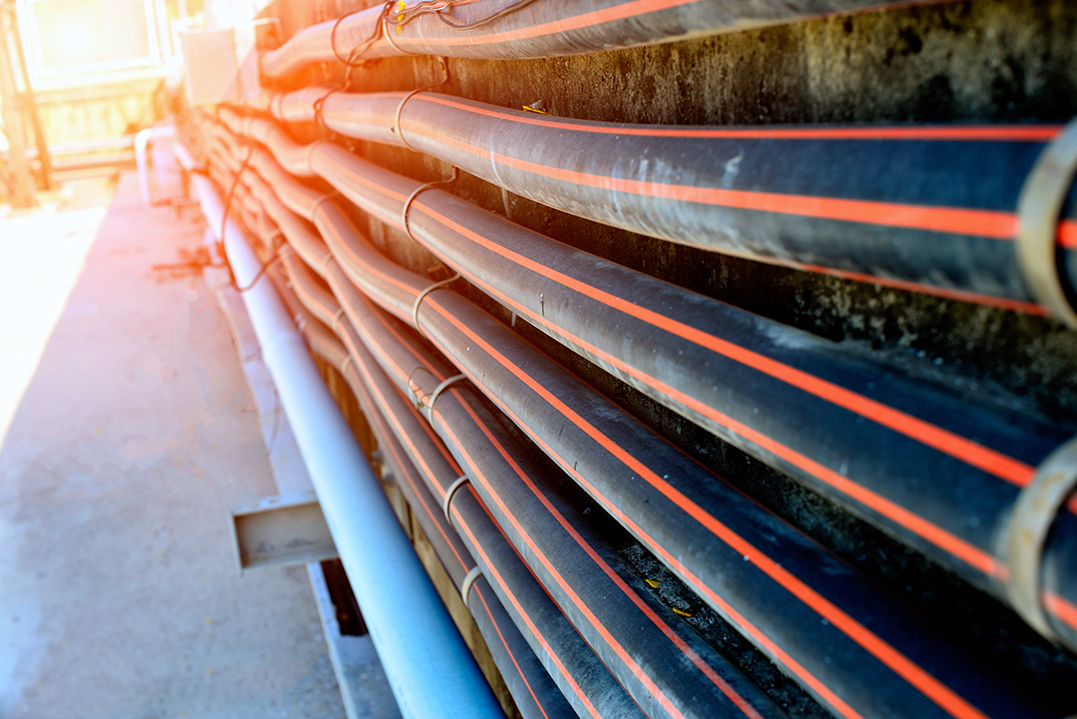Tire and rubber hose production plants require a precise temperature control for a variety of reasons.
First and foremost, temperature control is critical in order to ensure material uniformity. When mixing rubber with other ingredients (such as additives and reinforcements), maintaining a constant temperature is essential to ensure that the composition is uniform. Excessive or too low temperatures can lead to an incorrect mixing, compromising the mechanical properties of the final product.
Another process involved in the production of rubber hoses and tires is vulcanization: this is a chemical process that gives rubber its elasticity and final resistance. In vulcanization, the temperature must be strictly controlled to ensure that the process occurs correctly. Inadequate control can lead to rubber that is too stiff or, on the contrary, too soft, negatively affecting the quality of the product.

A proper and accurate temperature control therefore helps to ensure production efficiency. Well-managed temperatures reduce production cycle times and increase overall energy efficiency. Maintaining ideal temperatures also reduces the probability of scrap and rework, optimizing the production process by reducing waste of material, increasing the sustainability of the process.
Finally, a correct temperature control is crucial for the surface quality of the products. In particular, for tires, the temperature directly affects the surface quality and adhesion of the layers. Accurate temperature control avoids defects such as bubbles, roughness or distortion.
